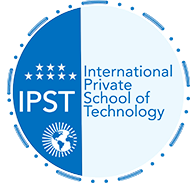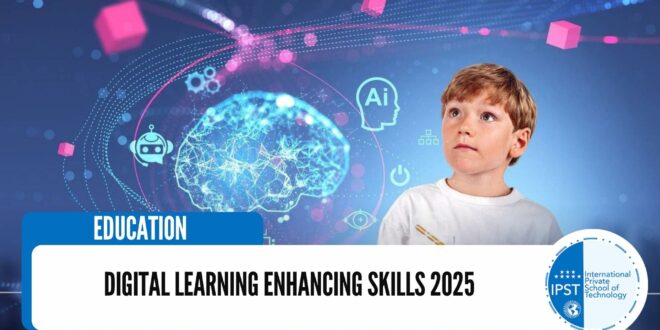In 2025, digital learning has become one of the key pillars of educational systems worldwide. Thanks to the immense technological advances in recent years, digital learning offers students unprecedented opportunities to enhance their academic and personal skills. But how exactly can digital learning contribute to improving students’ skills in this fast-paced era? In this article, we will highlight the main ways digital learning helps improve students’ skills in 2025.
1. Flexibility in Learning: Enhancing Time Management Skills
One of the most significant benefits of digital learning is its flexibility, which allows students to organize their study schedules according to their personal needs. This flexibility not only helps students improve their time management skills but also encourages them to adapt to flexible and changing work schedules. As a result, students become more capable of setting priorities and achieving their goals more effectively.
Source: Forbes – The Rise of Flexible Learning
2. Interactive Learning: Developing Critical Thinking and Creativity
Digital learning heavily relies on interactive tools that help students engage with the learning content. Through live discussions, interactive activities, and instant quizzes, students become better at critical and creative thinking. These methods allow students to engage with the material beyond rote memorization, enhancing their problem-solving and decision-making abilities.
Source: EdTech Magazine – Interactive Learning in the Digital Age
3. Using Artificial Intelligence to Analyze Student Progress
Through AI-powered applications, students can receive accurate and personalized assessments based on their performance. AI helps track student progress and provides real-time guidance, offering students the opportunity to improve their academic skills more quickly and accurately than traditional methods.
Source: Inside Higher Ed – Artificial Intelligence in Education
4. Self-Directed Learning: Enhancing Independent Learning Skills
One of the most vital skills enhanced by digital learning is self-directed learning. Through digital platforms, students can access a variety of educational resources such as instructional videos, articles, and online courses. These resources encourage students to acquire new skills independently, helping them develop continuous and autonomous learning capabilities.
Source: Harvard Business Review – Self-Directed Learning and Digital Education
5. Teamwork and Collaboration Online
In a digitally connected world, students can collaborate online on group projects and study challenges. This improves teamwork and communication skills, which are essential in the job market. Through platforms like Slack and Trello, students can enhance their project management and effective communication skills with team members.
Source: Forbes – Collaborative Learning in the Digital World
6. Access to Diverse Educational Resources
Digital learning gives students access to vast libraries of educational content from around the world. Whether it’s through videos on YouTube, articles on Google Scholar, or courses from Coursera, students can access rich and varied knowledge sources that help them develop new skills and build a solid knowledge base.
Source: UNESCO – Access to Education Through Digital Platforms
7. Learning through Virtual Reality: Improving Practical Skills
Digital learning, through technologies like virtual reality (VR), allows students to experience immersive learning environments that simulate real-world scenarios. These experiences enable students to practice practical skills like medicine or engineering in a simulated environment, enhancing their practical abilities more effectively.
Source: EdTech Magazine – Virtual Reality in Education
Conclusion
By 2025, digital learning has become a powerful tool for improving students’ skills and expanding their educational horizons. Through enhancing time management, critical thinking, self-directed learning, and collaboration, digital learning helps students adapt to the challenges of the 21st century. Thanks to advanced technologies such as AI, virtual reality, and interactive learning, students can develop both academic and life skills, positioning themselves for success in the future.
Sources: Forbes, EdTech Magazine, Inside Higher Ed, Harvard Business Review, UNESCO.
 International Private School of Technology المدرسة الدولية الخاصة للتكنولوجيا Private School مدرسة خاصة للتكوين المهني
International Private School of Technology المدرسة الدولية الخاصة للتكنولوجيا Private School مدرسة خاصة للتكوين المهني


